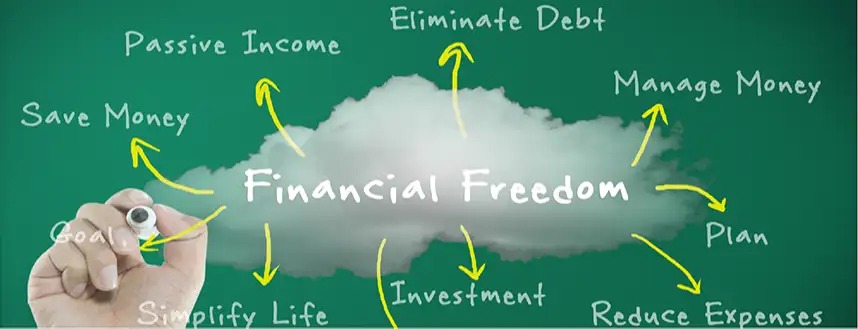Knowing that your money is safe from fraud, loss, and other financial uncertainties is one perfect way to have peace of mind. With technology and digitization of banking systems, this particular issue may seem subtle but is not to be ignored. You deserve to be guaranteed security of that holiday savings, school fees and maybe short-term goal finances you saved. How about salary?
Let me tell you how OTG is at your defense.
Also read; 5 things to look at when choosing your potential Business banking partner.
1. Ability to lock a card or temporarily block it.
The I&M OTG app has features that allow you to temporarily lock your card in case of loss or suspected fraud using your card. You can also permanently block your card when you feel like you want to completely end all future transactions with that very card. This will inhibit any malicious payments or transactions procured with your card outside your knowledge. This protects you from losing your money.
2. Access Authentication.
The I&M OTG app has built in security features that require you to authenticate every transaction you make through OTP via SMS or email and also using authentication apps like Google authenticator. This are features put to ensure that only you are able to authorize payments or transactions. This not only protects your money but also ensures you are fully aware of the transactions initiated via your OTG platform.
3. The Stop Cheque Feature.
All I&M OTG users have the ability to stop a cheque transaction from the App. Despite the fact that this service is charged, it is notable that being able to block a cheque transaction without walking into a bank or branch is beneficial and saves time for customers. This will also protect you from cheque fraud thus guaranteeing you security for your money.
4. Transaction statements.
Knowing how much you spend and where you are spending your hard-earned money is beneficial as it keeps your spending in check. I&M OTG web and App notifies you of all transactions initiated via SMS and email. You also get to receive a transactions record email alert for the day. This keeps you in the know of all your transactions. You are able to detect any transactions that you did not initiate and make necessary follow-ups.
Did you know that I&M Bank is among the best banks in kenya and could be one of the best place to bank and even work? Check out some of opportunities you can apply for.
By Omido Joshua











